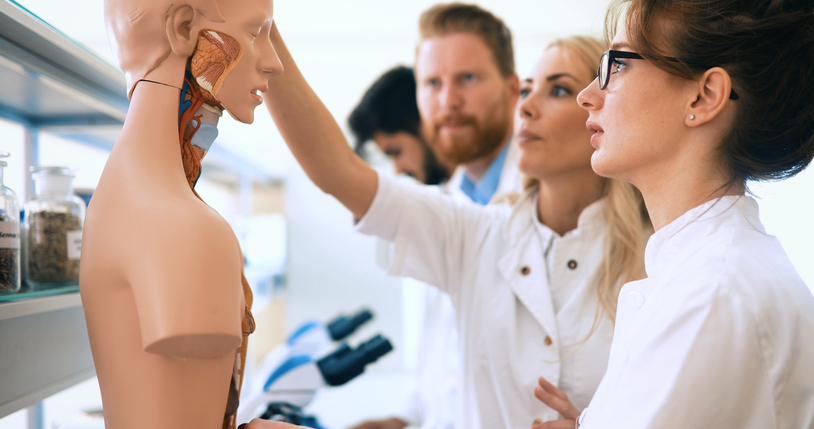In the medical world, asking for help can be difficult. This is especially true for graduates who are eager to prove that their years of school, extensive testing, and clinical experiences have prepared them for their careers. If confiding in colleagues is difficult for a medical student, resident, or physician, a mentor could be just what they need. Mentors can provide great advice and resources and are often just a phone call away. In the following post, we outline some tips on how medical professionals can cultivate a strong mentor-mentee relationship.
The Purpose of Mentorship
Many medical practitioners have multiple mentors and are happy to serve as consultants and confidants to those just entering the medical profession. The key to making the most of a mentorship is to create a close bond. It is suggested that this be done through face-to-face meetings and more formal communication methods. Mentors who have closer relationships with their mentees will be more willing to assist and prioritize them when the time comes.
Finding a Mentor
Finding a mentor, and one that is a good fit requires work on the part of the mentee. Although mentors might be individuals met during the process of completing medical school or while completing rotations, they may also be found outside of the educational bubble and should be sought after. Often times, this means reaching out to an admired physician through multiple communication methods. Patience when waiting for a response and flexibility if and when a potential mentor accepts an invitation to connect will be important.
For those who don’t have any candidates for mentors in mind, annual medical conferences can be a great location to build a network of more experienced healthcare professionals. One article recommends being open to mentors in specialties that are different than their own as these individuals will have some overlap of knowledge but may be able to bring a fresh perspective to the table. Some medical residencies offer a formal mentorship program, which can make the process more simplified. These programs ensure that newly licensed physicians are not completely on their own.
Becoming a Mentor
While the last thing on a medical graduate’s mind after receiving their license is teaching, being a mentor is a good way to stay involved in the medical community. Offering advice to prospective medical students or current students and residents allows physicians to give back and have a hand in the success of future medical professionals. It is important to cultivate a sense of goodwill when taking up a mentorship role, this will ensure the interactions with mentees are sincere.
Whether a physician finds themselves as a mentor, mentee, or both, communication and a good relationship are keys to creating a sustainable and beneficial relationship that could last for years to come.
If you are a current international medical student or graduate looking for a mentor, a rotation with AMO may connect you to medical professionals who could fill this role.







Leave A Comment